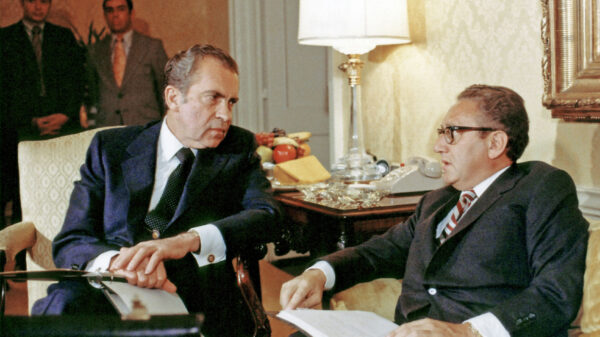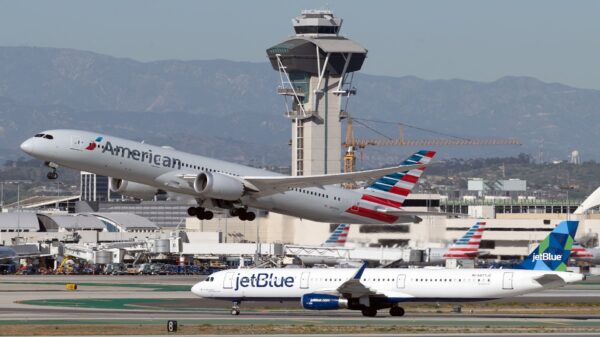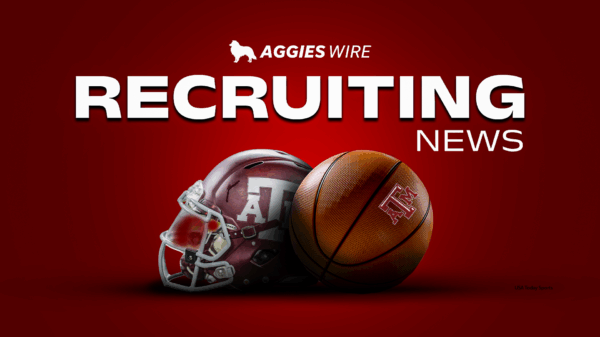A recent workplace dilemma has emerged for an employee navigating the complexities of family ties in a professional setting. The individual, who remains anonymous, expressed frustration over their new manager, who is also their cousin. This revelation has created an awkward dynamic, as the manager’s approach to leadership has raised concerns among team members.
The employee initially endorsed their cousin for a position, believing her impressive résumé would translate to positive rapport within the office. However, it soon became apparent that the new manager prioritizes asserting dominance and is more focused on personal recognition than fostering team cohesion.
Now, the employee finds themselves in a challenging position, caught between their cousin’s ambitions and the grievances of colleagues who are dissatisfied with her management style. They report that she lacks team spirit and is openly ambitious, aiming to climb the corporate ladder without regard for the collaborative culture the organization values.
This situation illustrates the potential conflicts of interest that can arise when family members work together. Many companies discourage employees from recommending relatives for positions due to these complications. The employee faces a difficult choice: whether to address their cousin’s behavior directly or allow her to learn from her missteps.
In another scenario, an individual recently recounted an uncomfortable flight experience highlighting the delicate nature of personal boundaries in confined spaces. The passenger described sitting next to a man who encroached on their space, making for a tense journey. Despite polite requests for him to respect their area, the response was dismissive, leading to feelings of frustration throughout the flight.
Such situations raise questions about how to assert oneself effectively without escalating conflicts. Experts suggest that addressing issues with flight attendants can be a viable option. By informing them of the situation, passengers can seek assistance in resolving space-related disputes, ensuring a more comfortable travel experience.
Social dynamics in both workplace and travel settings highlight the importance of effective communication and boundary-setting. Whether dealing with a challenging manager or a difficult seatmate, individuals are encouraged to advocate for themselves while maintaining respect for others.
Harriette Cole, a lifestylist and founder of DREAMLEAPERS, offers guidance on navigating these situations. She emphasizes the need for open dialogue, suggesting that the employee approach their cousin to discuss her management style and its impact on team dynamics. This feedback could encourage a more collaborative environment moving forward.
As individuals navigate the complexities of personal and professional relationships, these stories serve as reminders of the importance of communication and the need for mutual respect in all interactions.






































































